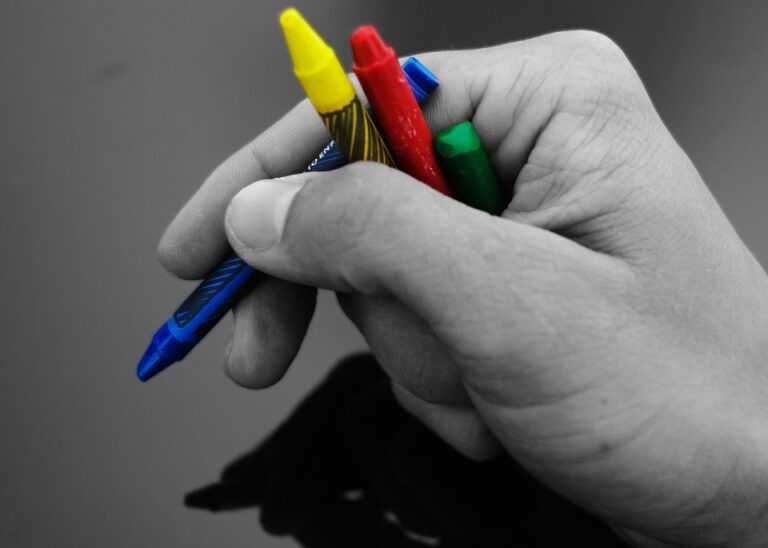
Understanding Dyslexia: Signs and Symptoms in Kids
Dyslexia is a learning disorder that affects a person’s ability to read, write, and spell. It is a common learning disability, and it affects children of all ages and backgrounds. Dyslexia can be challenging for children and their families, but with proper understanding and support, children with dyslexia can thrive and succeed.
One of the most important steps in supporting children with dyslexia is recognizing the signs and symptoms. Early identification and intervention can make a significant difference in a child’s academic success and overall well-being.
Here are some common signs and symptoms of dyslexia in children:
1. Difficulty with reading: Children with dyslexia may struggle with decoding words, reading fluently, and comprehending written text. They may have trouble recognizing and remembering sight words, and they may read slowly and inaccurately.
2. Trouble with spelling and writing: Children with dyslexia often have difficulty spelling words correctly and expressing themselves in writing. They may struggle with letter reversals and mixing up the sequence of letters in words.
3. Poor phonological awareness: Phonological awareness is the ability to recognize and manipulate the sounds of language. Children with dyslexia may have difficulty with rhyming, segmenting and blending sounds, and identifying the sounds in words.
4. Challenges with language and vocabulary: Children with dyslexia may have trouble finding the right words when speaking, and they may struggle with understanding and using complex vocabulary.
5. Slow and laborious reading: Children with dyslexia may read slowly and laboriously, and they may have trouble retaining and recalling information from what they have read.
6. Difficulty with sequencing and organization: Children with dyslexia may struggle with sequencing tasks, following directions, and organizing their thoughts and materials.
It’s important to note that not all children with dyslexia will exhibit the same signs and symptoms, and the severity of the symptoms can vary. Additionally, some children with dyslexia may also have strengths in other areas, such as creativity, problem-solving, and critical thinking.
If you notice any of these signs and symptoms in your child, it’s important to seek a comprehensive evaluation from a qualified professional, such as a psychologist or educational specialist. Early intervention and support can help children with dyslexia develop the necessary skills and strategies to overcome their challenges and succeed in school and in life.
It’s also important for parents, teachers, and other caregivers to provide a supportive and nurturing environment for children with dyslexia. This may include using multi-sensory teaching methods, providing accommodations and modifications in the classroom, and offering emotional and social support.
By understanding the signs and symptoms of dyslexia and providing the necessary support and accommodations, we can help children with dyslexia thrive and reach their full potential. With the right resources and interventions, children with dyslexia can succeed academically, develop strong self-esteem, and lead fulfilling lives.
Younger Glowing Skin - Discover Ancient Ayurvedic Secrets at DoctorIndiaHerbals.com
Explore One of the Largest Collections of Dinosaur-Themed Toys, Games, Gifts, Decor, and More at DinoAvenue.com
Discover Premium Design Elevator Shoes for Men and Women at LondonCobblers.com
Discover Hidden Family Destinations for Vacations at Places.Travelz.io
Find the Best Deals on Airfare and Hotels with Advanced Metasearch Technology at www.Travelz.io
30% off on Kids items
STEM science experiments for Kids
Premium Science Toys and experiments